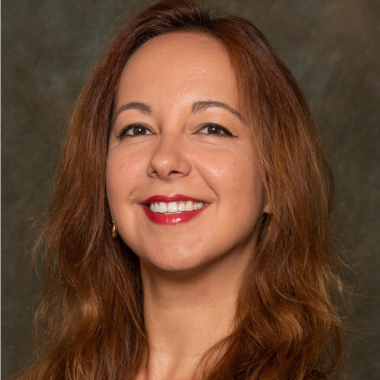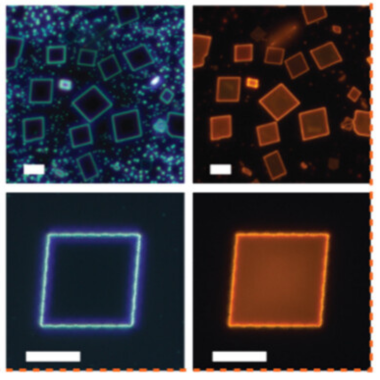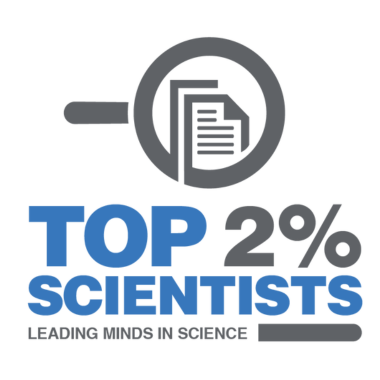Research Safety Team snags national award

What’s the proper eyewear for a darkened laser lab? The correct way to use a fume hood or make an acid bath? What about the best posture when logging those long hours at the computer?
These are some of the questions that Michigan State’s Research Safety Team, or RST, are keen to ask. And now, their efforts at answering have earned them a national accolade.
At the Fall 2025 meeting of the American Chemical Society in Washington, D.C., Spartan chemistry graduate students took the stage to receive the ChemLuminary Award for Outstanding Activity Promoting Research Safety — beating out 200 local sections for the honor.
The ChemLuminary Awards highlight the very best examples of outreach and programming by ACS organizations, and the win represents a significant milestone for the RST.
Since its inception in 2023, the organization has evolved from a space to discuss safety incidents and laboratory best practices to a dynamic part of department life.
“As a whole safety can seem a little taboo,” said RST president Josalyne Beringer, who had the honor of taking the stage in D.C. “I hope this award encourages students to recognize that safety is something to be celebrated and talked about, not hidden and hushed.”
“Because we’re a graduate student-run group, we can voice concerns, get clarification, and ask questions that may seem daunting for a single student,” added RST publicist Trenton Vogt, who explained how the organization acts as a link between chemistry peers and various MSU safety entities.
Visit the Department of Chemistry, and you'll see the RST in action through its curated “Safety Minutes." These infographics, which were noted by the ACS in their award citation, are colorful, comprehensive deep dives into a range of science safety topics.
To date, Safety Minutes have touched on glassware, labeling, syringes, legacy chemicals and more — not to mention aspects of research that one might not think about when considering lab safety, such as how to manage screen time and stress.

Visitors to MSU Chemistry will also come across “Safety Femtoseconds,” which are bite-sized safety displays one can review in just as few moments. These provide a “Near-Miss Reporting” QR code, allowing students to share lab experiences and improve department-wide safety conversations.
Outside the lab, the RST has hosted an impressive number of community events aimed at keeping safety practices front and center, such an “Amazing Race” that leads student teams across campus to complete safety-themed challenges.

The RST has also invited Airgas and Thermo Fischer to discuss equipment safety, hosted laboratory spring cleaning competitions, and worked with EHS on fire extinguisher training and a chemistry themed escape room exercise.
“A big part of strengthening our safety culture has come through these community-based activities, where we have brought fun to safety topics,” said Beringer. “The level of interaction that students, faculty and staff have with the RST has greatly increased as we’ve grown our group.
Looking ahead, RST members see their ChemLuminary Award as recognition of work that’s not only changing how science is safely achieved in MSU labs, but also helping prepare the next generation of chemists.
Whether heading toward industry or academia, expectations have never been higher for researchers to maintain safe and efficient practices in their work.
“We hope this award shows how important safety is to the job market that graduate students will be entering shortly,” said Vogt. "The RST wants every student to be prepared, wherever their future takes them.”
“As a newer organization this award means a lot, and as the current E-board works to pass on the torch, we hope that this is fuel for continued efforts to strengthen our safety culture and community,” said Beringer



